We Know How Complex Cells Evolved
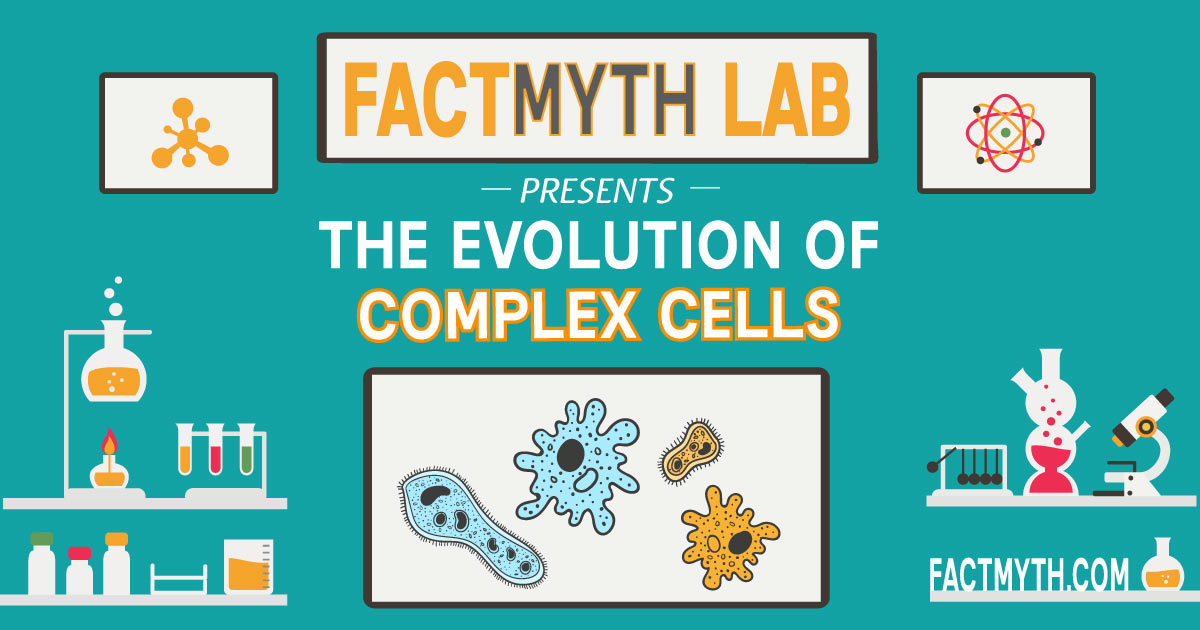
Complex cells (eukaryotes) likely evolved from single-celled organisms (prokaryotes) absorbing other prokaryotes, becoming single complex cells over time (endosymbiosis).
A broad category referring to the study of the physical universe including nature and biology.

Complex cells (eukaryotes) likely evolved from single-celled organisms (prokaryotes) absorbing other prokaryotes, becoming single complex cells over time (endosymbiosis).
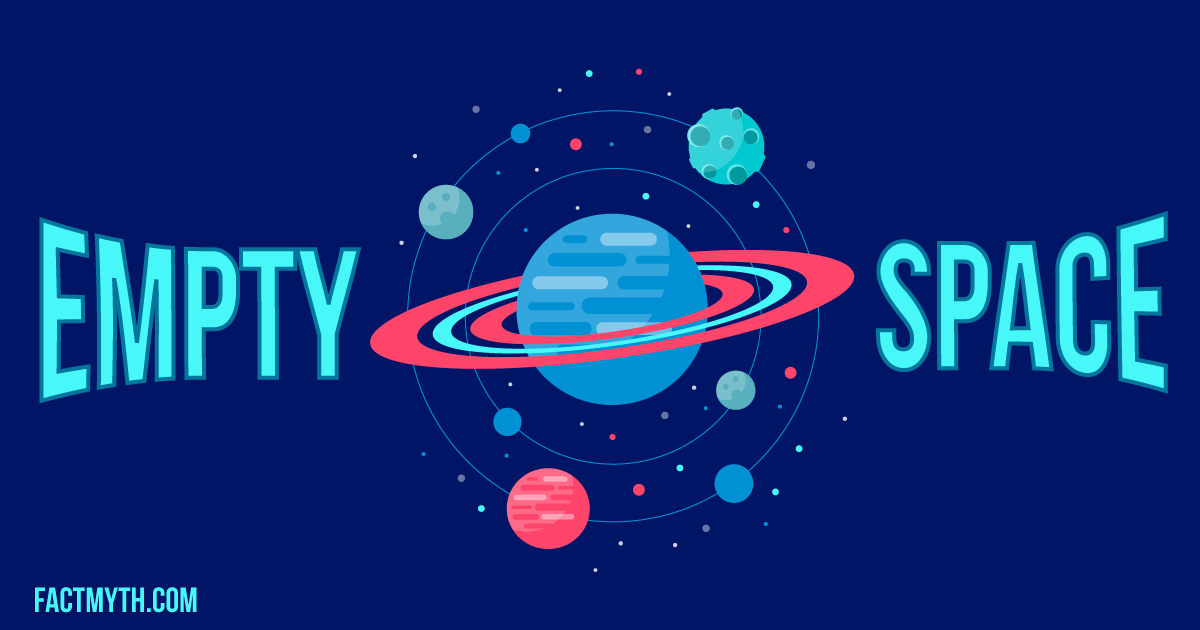
The universe and everything in it, including humans, is mostly “empty space.” However, space is not actually “empty,” it’s filled with quantum fields and dark energy.
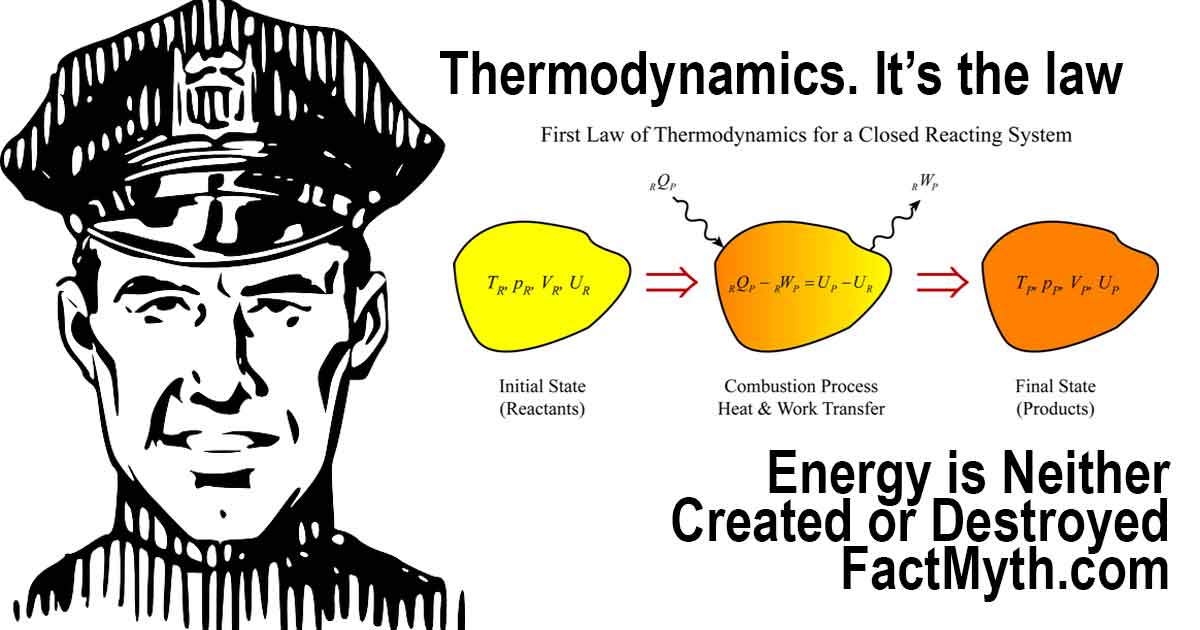
Energy can’t be created or destroyed and neither can mass. Although energy can change forms, all energy in a closed system must remain constant.
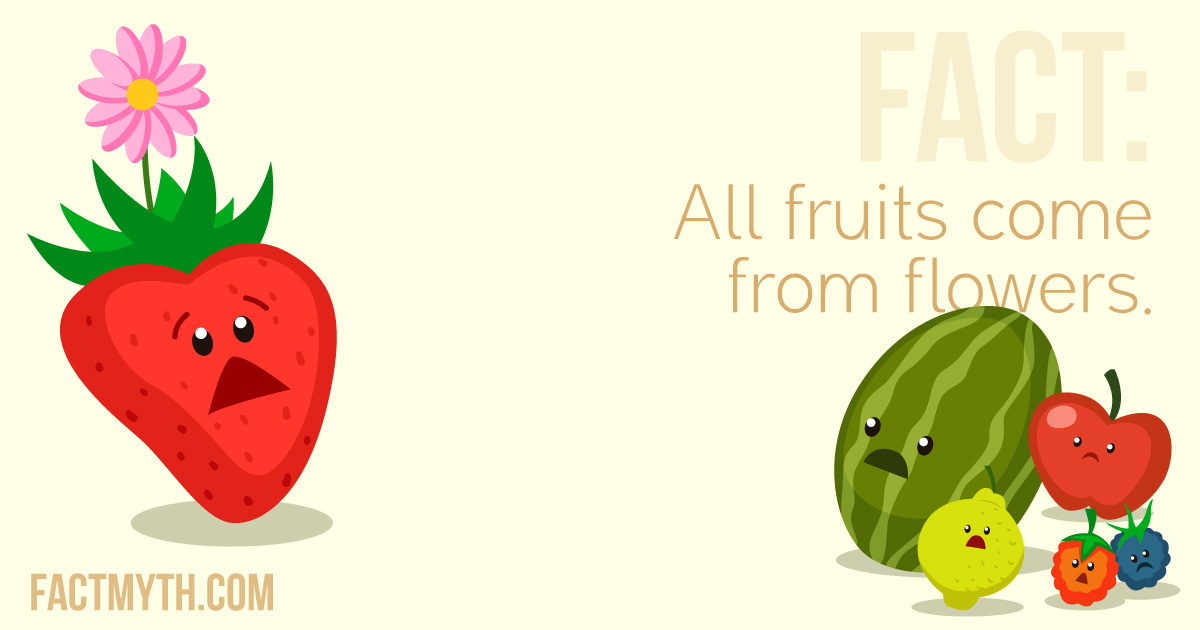
All fruits come from flowers, but not all flowers become fruits. Fruits are typically derived from the ovaries of a flower and contain seeds.
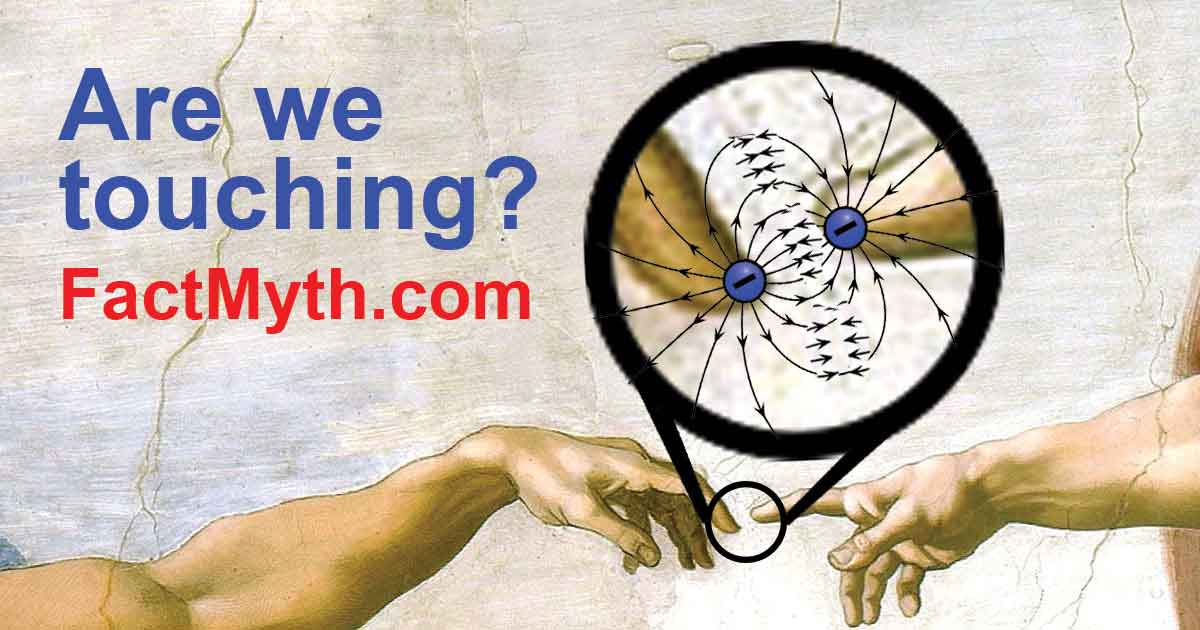
Things never touch because everything is made of atoms. Atoms contain electrons and electrons repel each other. This is basic physics.
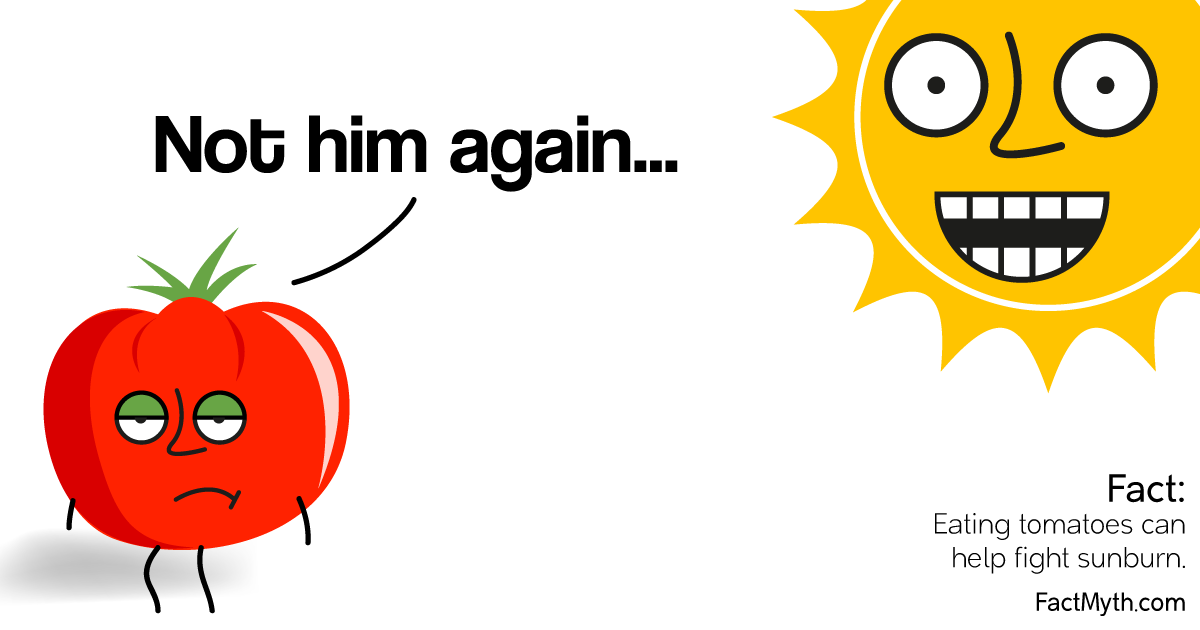
Tomatoes contain lycopene, which may help protect your skin from UV damage, this means eating tomatoes may work as a natural sunblock to prevent sunburn.
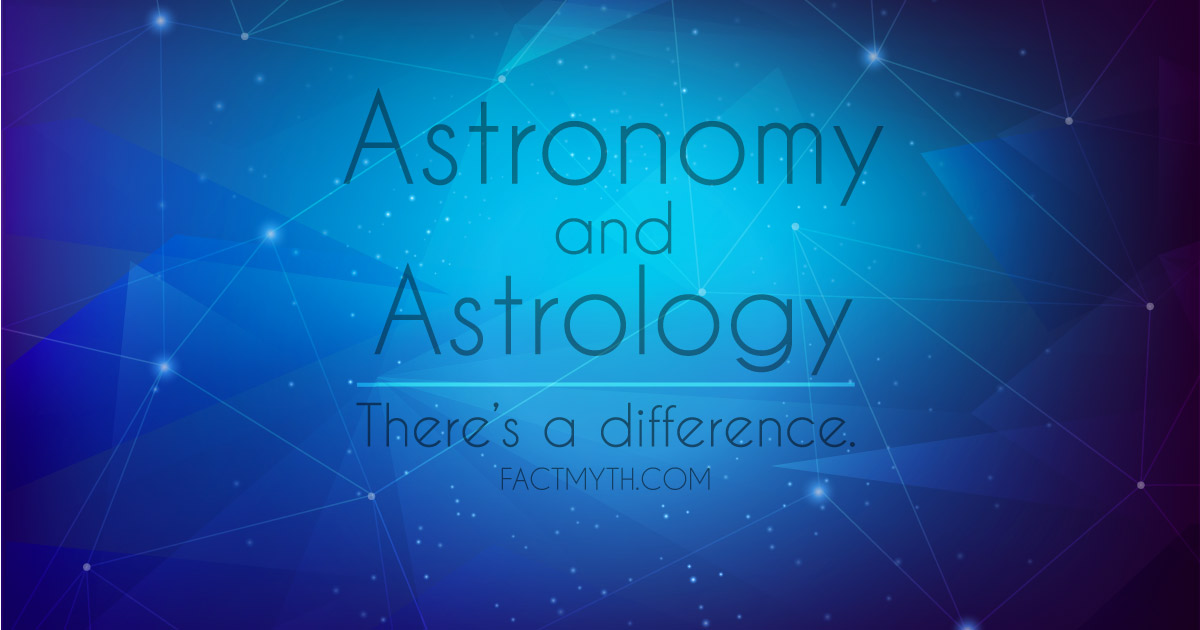
Astronomy is a science that studies celestial objects and the physical universe. Astrology is a pseudoscience that studies celestial objects to predict events.
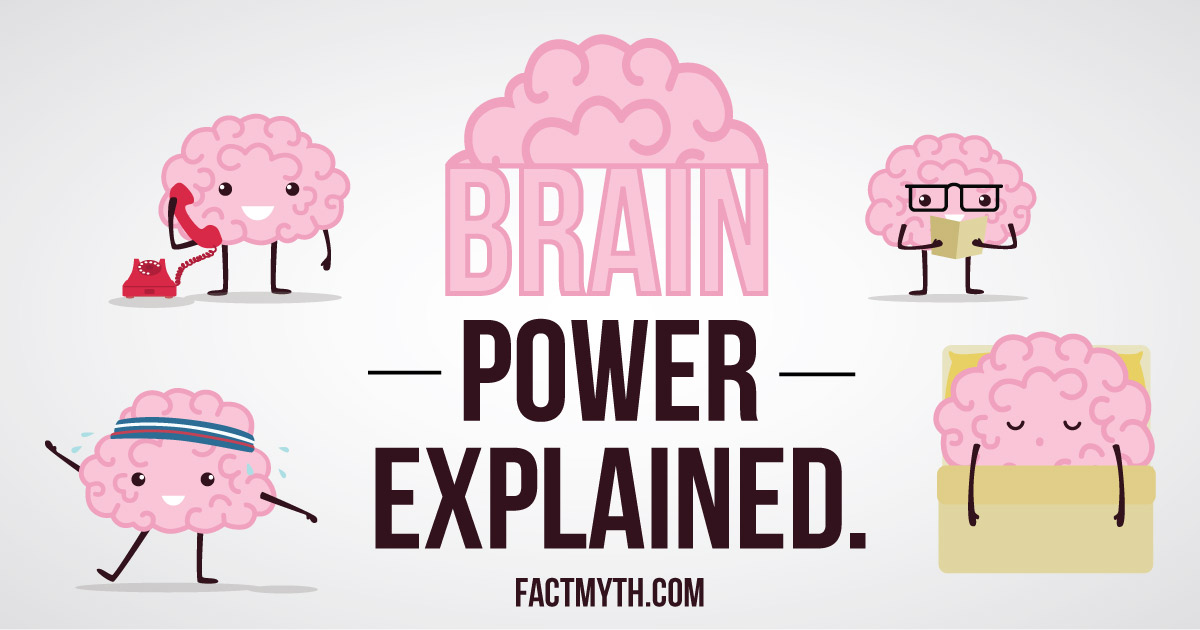
Evidence suggests that humans use virtually every part of their brain on a daily basis. Some areas function more than others at any given time, but every part of the human brain has a function.
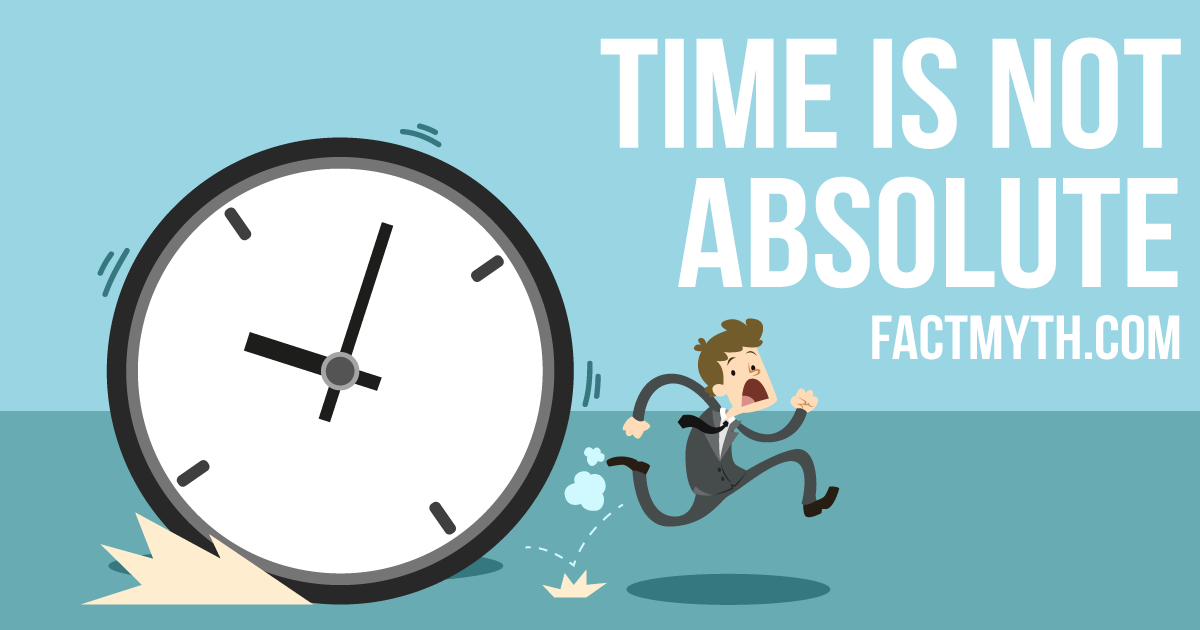
Time is relative to speed and gravity (time dilation), and so is space (length contraction). Light speed is constant for all observers, so time and space can’t be.
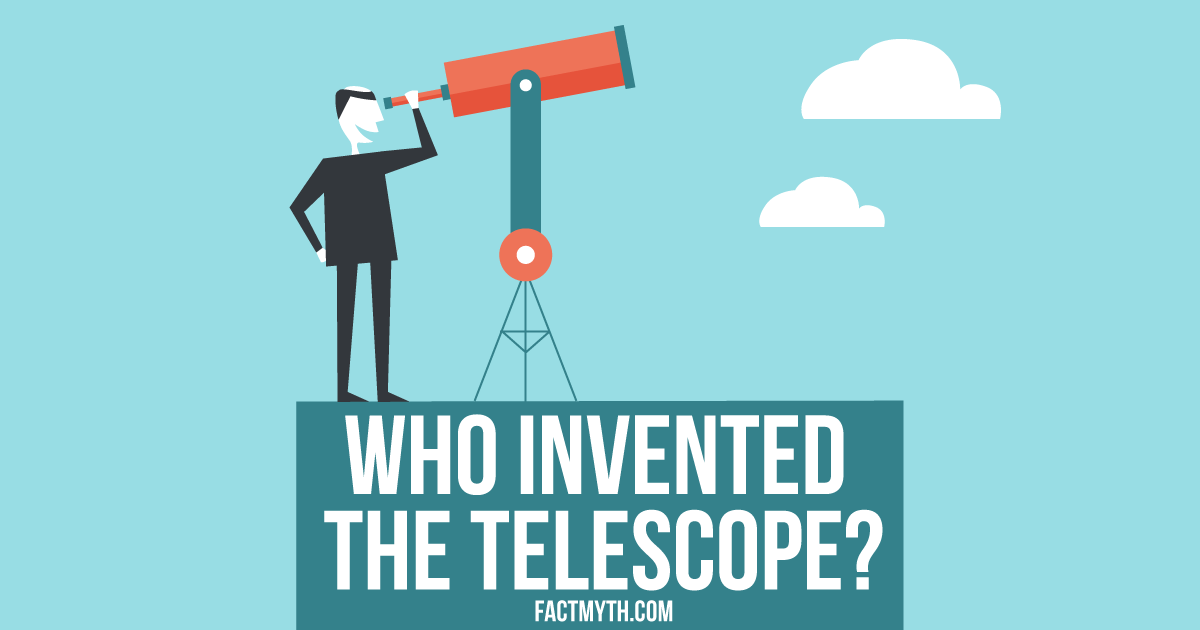
The telescope is credited to Hans Lippershey in 1608. The following year Italian astronomer Galileo Galilei began making improvements to its design.